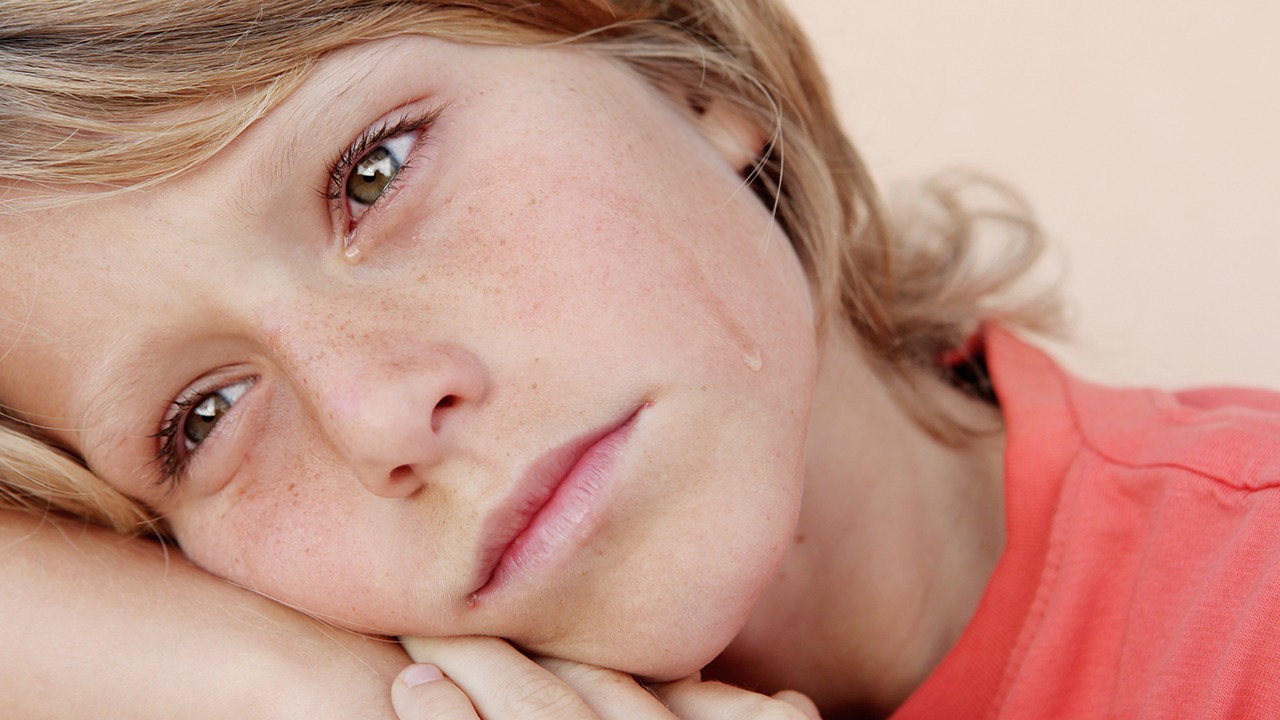Schizophrenia generally occurs during adolescence, with onset sometimes slow and sometimes rapid. Schizophrenia typically develops early, that is, at a younger age, and the progression is usually slow. If schizophrenia develops rapidly, it can lead to severe consequences in a short period. After the onset of acute schizophrenia, patients may experience emotional instability, manifesting as emotional loneliness. As the condition worsens, various psychological or psychiatric disorders may emerge. So, what are the causes of schizophrenia? Let’s take a brief look below.
What are the causes of schizophrenia?
Firstly, thought disorder. Schizophrenia is mainly related to three aspects: associative fantasy, logical fantasy, and mental disorder. The patient’s associations are loose and easily disrupted, even fragmented. Normally, the thinking is coherent, but suddenly, a negative thought intrudes, leading to confusion. Then, problems are analyzed and thought about with abnormal thinking.
Secondly, emotional disorder. Emotional disorder is the second manifestation of schizophrenia. During the onset, patients may experience emotional issues, which can also cause hallucinations and even intense emotional reactions. They may cry, laugh, feel sad, or become irritated, all of which are unusual emotions. Sometimes they may suddenly burst into tears or laughter, or become angry, which can escalate uncontrollably.
What are the symptoms of schizophrenia?
According to the latest research statistics, schizophrenia often occurs during adolescence. Many people cannot grow up normally because they develop schizophrenia during their teenage years. In severe cases, it can even be life-threatening. This condition is generally referred to as adolescent schizophrenia. Experts point out that fatal cases of adolescent schizophrenia are usually due to parents' lack of attention, leading to severe consequences. Parents often do not understand the impact of schizophrenia on their children during adolescence, ultimately missing the best treatment time, causing the condition to deteriorate rapidly and become untreatable, leading to death.
Generally, those who suffer from adolescent schizophrenia may exhibit high-spirited and joyful emotions, speak incoherently, argue irrationally, and so on. Alternatively, some patients may show low spirits, have low self-esteem, and be unable to make friends or communicate normally with peers, often displaying symptoms of low self-esteem, suspicion, sadness, and frequent crying.
Once lively and cheerful teenagers may see their grades drop due to adolescent schizophrenia or lose interest in things they once loved. They may often daydream in class, be unwilling to interact with family and friends, and over time, develop a habit of isolation.
























